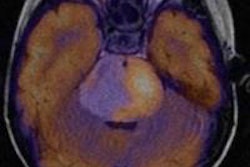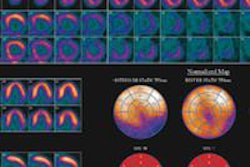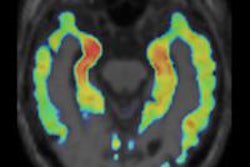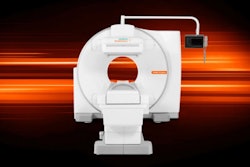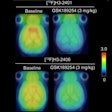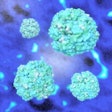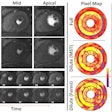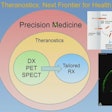Dear Molecular Imaging Insider,
This edition of the Insider is chock full of fascinating research from last week's annual meeting of the Society of Nuclear Medicine and Molecular Imaging (SNMMI).
As an Insider subscriber, you have an exclusive first look at a study that used SPECT to image the brains of retired professional football players. The California researchers found abnormal patterns of cerebral blood flow in areas of the brain associated with frontotemporal dementia and Alzheimer's disease.
Significantly decreased blood flow in the medial frontal region can adversely affect executive function, while reduced blood flow in the medial temporal region can hamper memory function. Click here to learn more about the results and their implications.
Also presented at SNMMI 2014 was a study from Boston Children's Hospital, where researchers found that certain PET and MR imaging characteristics of brain tumors in pediatric patients could help predict progression-free and overall survival. Using data from the Pediatric Brain Tumor Consortium, the group concluded that high correlation of FDG uptake and MRI enhancement suggested reduced overall survival in newly diagnosed cases of brainstem glioma. Meanwhile, in patients previously diagnosed with brainstem glioma, low correlation of FDG uptake and MRI enhancement suggested shorter progression-free survival.
Also at the meeting, researchers from the University of Ottawa Heart Institute showed how rubidium-82 (Rb-82) PET outperformed thallium-201 (Tl-201) SPECT for diagnosing obstructive coronary artery disease, while exposing patients to less radiation. The Alternative Radiopharmaceutical for Myocardial Imaging (ARMI) trial found that Rb-82 PET imaging had greater sensitivity and specificity than Tl-201 SPECT in patients with at least 50% stenosis. The results also confirmed that Rb-82 PET achieved its high degree of accuracy with a lower radiation dose.
A high point every year at the SNMMI meeting is the Image of the Year award. This year, a PET scan with the novel tracer F-18 THK5117 to label tau protein and neurofibrillary tangles associated with Alzheimer's disease received the honor. The image from Japanese researchers at Tohoku University was selected from more than 1,700 studies.
German researchers have also developed a new PET radiotracer that detects recurrent prostate cancer in patients with very low prostate-specific antigen levels. Two studies evaluated the gallium-68-labeled prostate-specific membrane antigen ligand and were presented at the meeting.
More studies from SNMMI 2014 will be published in the coming weeks, so stay in touch with the Molecular Imaging Digital Community on a daily basis to read about the latest news and research from around the world.





